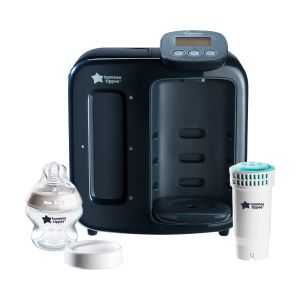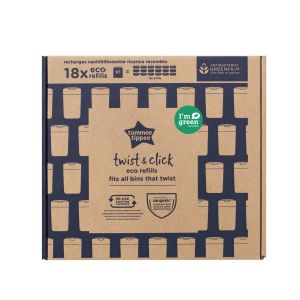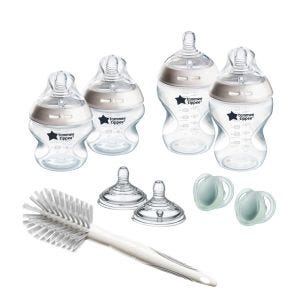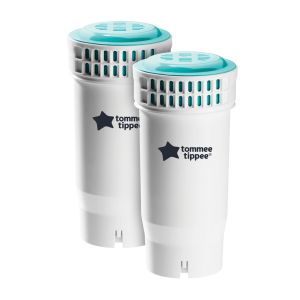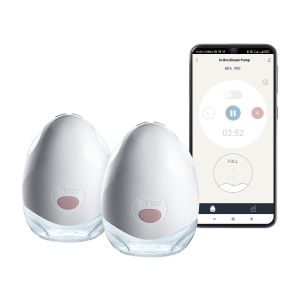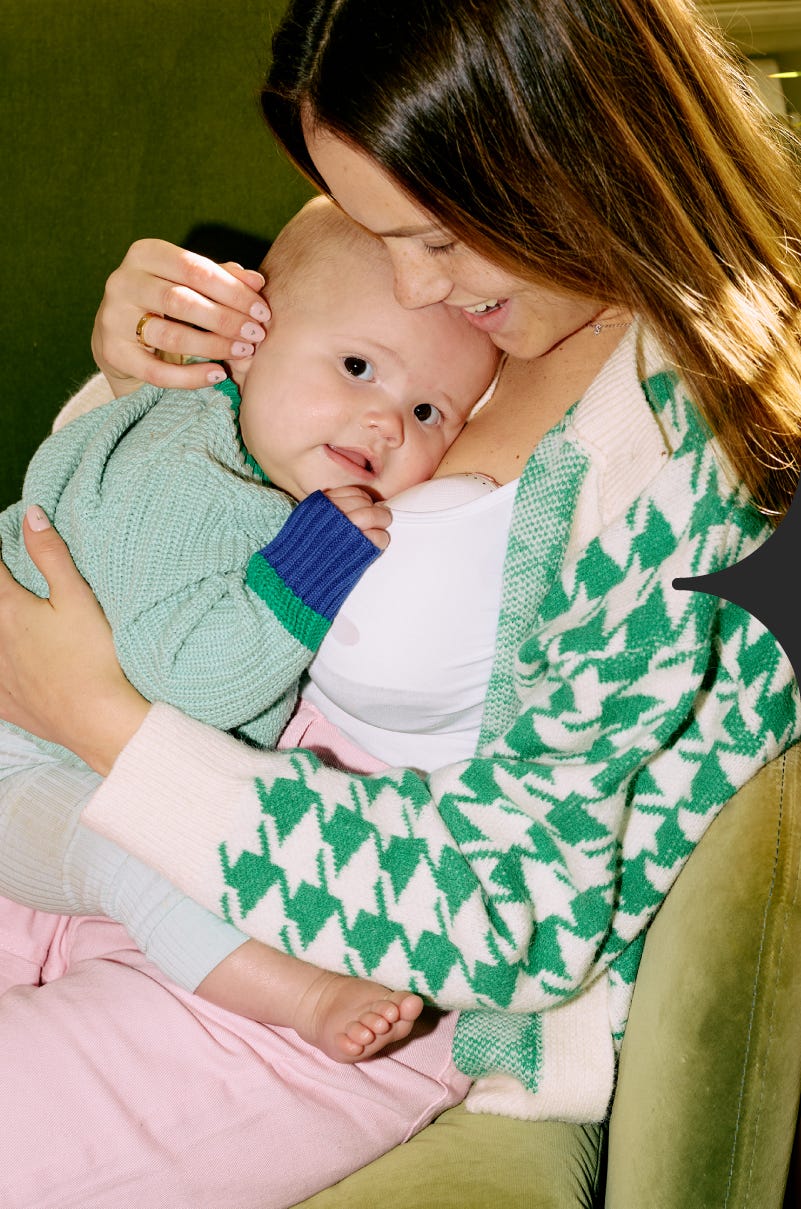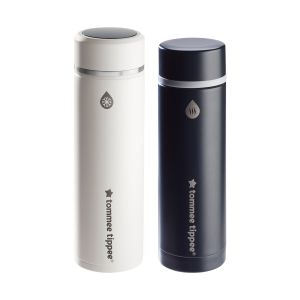
Hints & Tips
Glass baby bottles are now making a comeback, not just because they look cool, but as an environmentally conscious and practical alternative to plastic bottles
Are Glass Baby Bottles Better Than Plastic Bottles?
Glass baby bottles quickly fell out of favour when lighter, cheaper plastic baby bottles came along. But glass bottles are now making a comeback, not just because they look cool, but because they're an environmentally conscious and practical alternative to plastic.
So, what’s the deal when it comes to choosing glass or plastic baby bottles?
Glass baby bottle advantages
No need to panic when you hear ‘glass’ and ‘baby’ in the same sentence, modern glass baby bottles are a lot safer than they were back in the day. Most glass baby bottles are made from specially tempered glass, which is very hard to break and forms small glass pebbles, rather than sharp shards if it does smash. Some glass baby bottles have silicone sleeves or outer coatings to give them an extra layer of protection and prevent them from slipping out of your hands.
- Glass bottles are naturally chemical and toxin free: Glass is made without using harmful chemicals (like BPA) that could leach into your baby’s milk. Don’t worry all Tommee Tippee bottles – glass or plastic, are BPA-free.
- Stain and odour resistant: Unlike plastic, glass doesn’t stain or pick up odours and flavours from its environment, so you can be sure your baby is getting the great taste of your breast milk or formula, and nothing else.
- Long lasting and recyclable: Glass baby bottles are popular with eco-conscious parents because glass is made from naturally abundant materials and it can be reused and recycled many times. One set of glass baby bottles can last for years through more than one child’s feeding journey, you’ll just need to change teats regularly. When you’re done with your glass baby bottles they're 100% recyclable.
- Durable and easy to clean: Glass baby bottles pick up fewer scratches than plastic bottles so it’s easier to see when they are dirty. Glass can also withstand high temperatures, so you can wash glass baby bottles in hot water and sterilise them by boiling or other high heat sterilisation methods like steam sterilisers.
- Won’t lose their shape: Unlike some plastic bottles, glass baby bottles won’t become misshapen when heated.
Glass baby bottle disadvantages
- Glass bottles are heavier than plastic: Glass bottles can add to the weight of all that baby stuff you carry around with you. Plus the weight of a glass bottle can make it difficult for your baby to hold as they grow.
- Glass is more expensive: Sure, individually a glass bottle is likely to cost more than a plastic one, but if you think about the cost per use, and how long they last, it may be worth making the extra investment.
Plastic baby bottle advantages
- Plastic bottles are lightweight: With so much stuff you need to look after your baby, anything that helps lighten the load is welcome, especially if you’re travelling, so plastic bottles are often the convenient option. Plus they’re easy for baby to hold.
- Plastic baby bottles are widely available: You can find plastic baby bottles at many chain stores, supermarkets and local retailers. They also come in lots of different sizes.
- Less expensive than glass: Plastic baby bottles tend to be cheaper than glass bottles because they are easier and less expensive to produce. But watch out for quality and buy from brands you can trust.
- Won’t break: Plastic bottles might not last as long as glass, but they shouldn’t break if dropped.
Plastic baby bottle disadvantages
- Plastic bottles can contain chemicals: In the past, plastic bottles often contained a chemical compound called BPA which could have potentially harmful effects on babies. These days nearly all plastic baby bottles are BPA-free, and Tommee Tippee's are always 100% BPA-free.
- Plastic can absorb odours and become stained: Over time, plastic can absorb odours, so baby’s milk may be tainted from things like cleaning products or other items you wash alongside your baby bottles.
- Plastic bottles are more difficult to clean: Plastic baby bottles can’t withstand super high temperatures during cleaning and sterilising, and they may become misshapen and damaged over time. Small scratches on plastic bottles can also attract bacteria and odours.
- Plastic isn’t always fantastic: Over recent years we’ve all become more aware of the problem of plastic waste. Once it’s outlived its use, it can take 450 years or more for a typical plastic water bottle to decompose, and even if it can be recycled, plastic often ends up in landfill.
What to look for when buying glass baby bottles...
If you want to use glass bottles to feed your baby, then look for quality and choose a brand you can trust...
- Consider the weight of the bottle and what kind of glass it’s made from
- What does the manufacturer say about breakability?
- How well does your glass baby bottle withstand hot and cold temperatures?
- Does your glass bottle come in different sizes to suit baby’s need for larger feeds as they grow?
- Is your glass baby bottle shaped to be comfortable in your hand?
- Does it have any non-slip features?
FAQs
How to use glass baby bottles
You can use glass baby bottles in the same way that you would use plastic baby bottles. Modern glass baby bottles are made to withstand the odd knock, bump and even drop that comes with family life.
They are more likely to withstand higher temperatures for cleaning and sterilising, but always follow the manufacturer’s instructions.
If you take care not to drop them from a height onto a hard surface, or crush them, your glass baby bottles should last for the whole of your baby’s feeding journey and beyond.
Are BPA-free baby bottles safe?
Bisphenol A (BPA) and bisphenol S (BPS) are chemicals that can be found in plastics, particularly those used to store food and drinks. There have been concerns about the potentially harmful effects these chemicals can have on babies, and some countries have introduced laws that ban the use of these chemicals in baby feeding bottles. Because of these health concerns, many manufacturers, including Tommee Tippee have removed BPA and BPs from their plastic baby bottles and other baby feeding items.
Glass baby bottles are naturally BPA and BPS-free, so there are no concerns about the potential harm to baby’s health from using them.

